Personalization in e-commerce marketing is tailoring the online shopping experience to individual customers. It involves analyzing customer data to understand their preferences, behaviour, and demographics and then delivering relevant content, product recommendations, and offers. By doing so, e-commerce businesses can increase engagement, conversion rates, and customer loyalty.
Personalization has become increasingly important in online shopping because consumers have come to expect a personalized experience. According to a report by Epsilon, 80% of consumers are more likely to do business with a company that offers a customized experience. Additionally, 90% of consumers find Personalization appealing, and 80% are more likely to purchase from a company that provides a personalized experience.
E-commerce personalization can take many forms, including personalized product recommendations, emails, and landing pages. Using data to understand customers’ interests, e-commerce businesses can create a more engaging and relevant shopping experience. In the following sections, we’ll explore how e-commerce businesses can use Personalization to increase engagement, conversion rates, and customer loyalty.
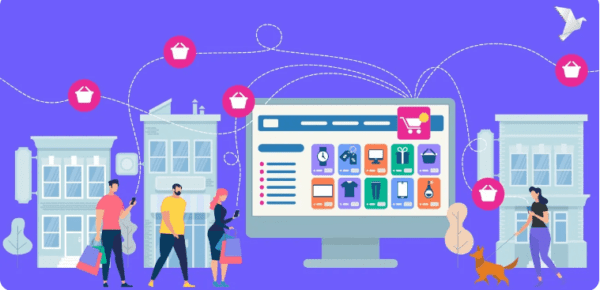
Understanding E-Commerce Personalization
Personalization in e-commerce marketing is a strategy that involves using customer data to target audience members with dynamic marketing content. It is a powerful tool that helps businesses to create tailored online shopping experiences for each customer. By delivering personalized content, companies can increase customer engagement, improve conversion rates, and enhance customer loyalty.
The Role of Data in Personalization
Data plays a critical role in Personalization in e-commerce marketing. Businesses must collect and analyze customer data to understand their preferences, behaviour, and needs. This data can be collected from various customer, behavioural, and analytics sources. Businesses can use this data to create a more personalized customer experience.
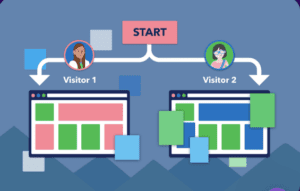
Personalization Technologies and Tools
Businesses can use several personalization technologies and tools to deliver personalized content to their customers. These tools include machine learning, cookies, and data collection. Machine learning algorithms can analyze customer data to identify patterns and trends that can be used to create personalized content. Cookies can be used to track customer behaviour and preferences, which can be used to deliver customized content. Data collection tools can gather customer data from various sources, including social media, email, and website traffic.
Related Posts:
Strategies for Personalized E-commerce Marketing
Personalization is a crucial component of successful e-commerce marketing. You can increase engagement, loyalty, and sales by tailoring your marketing efforts to each customer. Here are some strategies to help you personalize your marketing efforts:
Segmentation and Targeting
One of the first steps in personalized marketing is segmentation. This involves dividing your customer base into smaller groups based on shared characteristics such as demographics, behaviour, and interests. By doing this, you can create more targeted campaigns that are more likely to resonate with each group.
You need to collect data on your customers to segment your audience effectively. This can be done through email marketing, landing pages, and other channels. Once you have this data, you can create targeted campaigns that speak directly to each group.
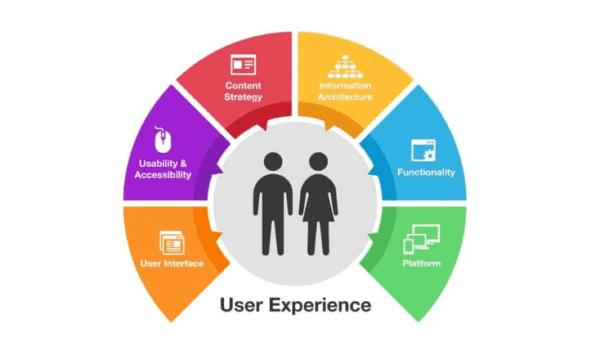
Creating Personalized Content
Another critical strategy for personalized marketing is creating customized content. This involves tailoring your messaging to customers based on their interests, behaviour, and other factors. By doing this, you can make more engaging and relevant content that is more likely to convert.
To create personalized content, you need to use the data you have collected on your customers to understand their unique needs and preferences. This can be done through email marketing, landing pages, and other channels. Using this data to create more targeted content, you can increase engagement and conversions.
Utilizing Behavioral Triggers
Behavioural triggers are another effective strategy for personalized marketing. Customers take specific actions that trigger particular marketing messages or actions. For example, if a customer abandons their cart, you can send them a targeted email reminding them to complete their purchase.
It would be best to collect behavioural triggers for customers to use effectively. This can be done through email marketing, landing pages, and other channels. Once you have this data, you can create targeted campaigns that are more likely to convert.
Using these strategies, you can create more effective and engaging personalized marketing campaigns that are more likely to convert. You can increase engagement, loyalty, and sales by tailoring your messaging to each customer.
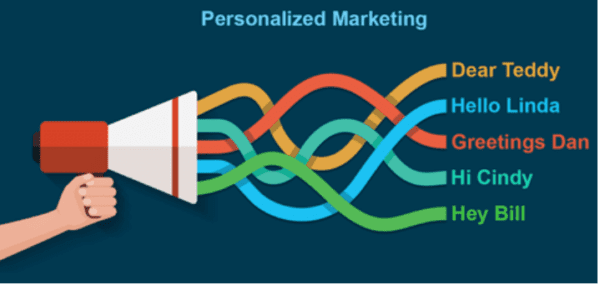
Enhancing Customer Experience with Personalization
Personalization has become a buzzword in e-commerce marketing, and for good reason. Businesses can tailor their offerings to individual customers by leveraging customer data, creating a more engaging and relevant shopping experience. This section will explore how Personalization can enhance customer experience and drive customer loyalty.
Product Recommendations and Offers
One of the most effective ways to personalize the customer experience is through product recommendations and offers. By analyzing a customer’s purchase history, browsing behaviour, and other data points, businesses can offer personalized recommendations for products the customer is likely to be interested in. This can improve the customer experience by making it easier for customers to find products they love and increase sales through upselling and cross-selling.
In addition to product recommendations, personalized offers can be a powerful tool for enhancing the customer experience. By offering discounts or promotions on products the customer has shown interest in, businesses can create a sense of exclusivity and build customer loyalty.
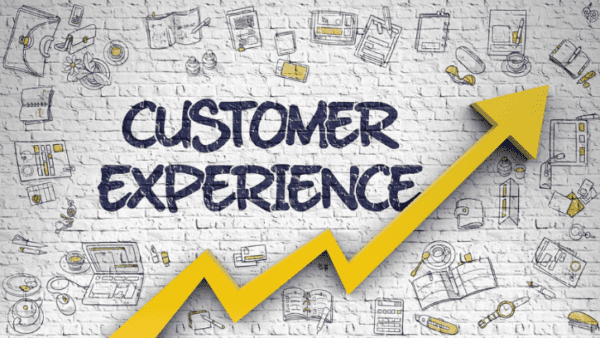
Improving Customer Engagement and Loyalty
Personalization can also be used to improve customer engagement and loyalty. By tailoring the shopping experience to individual customers, businesses can create a more emotional connection with their customers. This can increase customer satisfaction, loyalty, and positive word-of-mouth recommendations.
One way to enhance customer engagement is through personalized content. By creating content tailored to the customer’s interests and preferences, businesses can make a more engaging and relevant shopping experience. This can include customized product descriptions, blog posts, and social media content.
Another way to improve customer loyalty is through personalized rewards and incentives. By offering rewards and incentives tailored to the customer’s interests and purchasing behaviour, businesses can create a sense of exclusivity and build customer loyalty.

Related Posts:
Measuring the Impact of E-commerce Personalization
Personalization is a powerful tool in e-commerce marketing that can help you increase conversion rates, sales growth, and customer retention. However, it is essential to measure the impact of your personalization efforts to identify areas of improvement, optimize strategies, and maximize your return on investment (ROI).
Conversion Rates and Sales Growth
Conversion rates are one of the most critical metrics to measure the effectiveness of your personalization efforts. A higher conversion rate means more website visitors are turning into customers. By personalizing your website content and product recommendations, you can increase the relevance of your offerings to your customers, leading to higher conversion rates.
Sales growth is another key metric to measure the impact of Personalization on your e-commerce business. Personalization can help you increase your sales by offering your customers personalized product recommendations, promotions, and discounts. By providing a customized shopping experience, you can increase the likelihood of your customers making a purchase and grow your revenue.
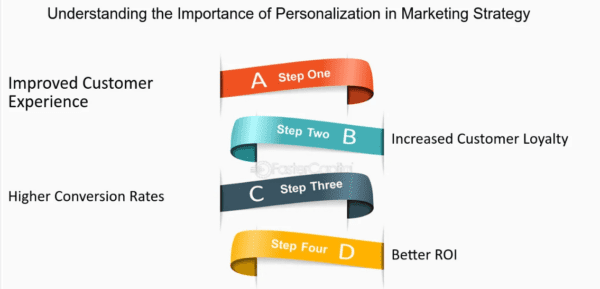
Customer Retention and Lifetime Value
Customer retention and lifetime value are crucial metrics to measure the long-term impact of your personalization efforts. Personalization can help you build a stronger relationship with your customers by offering personalized recommendations and promotions based on their past purchases and browsing behaviour. A customized shopping experience can increase customer loyalty and retention, increasing lifetime value.
In addition to these metrics, average order value and repeat purchases are also important factors to consider when measuring the impact of Personalization on your e-commerce business. You can increase your average order value by offering personalized product recommendations and promotions and encouraging repeat customer purchases.
Overall, measuring the impact of Personalization on your e-commerce business is essential to identify areas of improvement and optimize your strategies. By focusing on key metrics such as conversion rates, sales growth, customer retention, and lifetime value, you can ensure that your personalization efforts are practical and deliver a positive ROI.
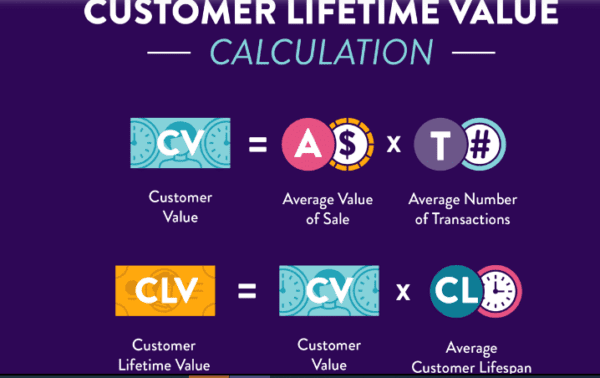
Challenges and Best Practices in E-Commerce Personalization
Personalization in e-commerce marketing has become increasingly essential to drive customer engagement, loyalty, and revenue growth. However, there are several challenges that e-commerce businesses must navigate to implement personalization strategies successfully.
Navigating Privacy and Trust Issues
One of the biggest challenges in e-commerce personalization is navigating privacy and trust issues. Customers are becoming more aware of how their data is being used and are concerned about data breaches and misuse of their personal information. To address these concerns, e-commerce businesses must be transparent about collecting, storing, and using customer data. They must also comply with privacy regulations such as GDPR and CCPA.
E-commerce businesses should also consider implementing data-driven personalization strategies to build customer trust. By analyzing user data, companies can provide personalized experiences that are relevant and valuable to customers. This can help build trust and increase customer loyalty.
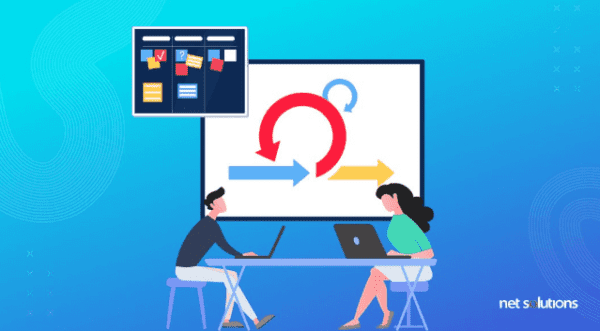
Leveraging Personalization for Competitive Advantage
Another challenge in e-commerce personalization is leveraging Personalization for competitive advantage. With more businesses implementing personalization strategies, standing out from the competition can be difficult. To gain a competitive advantage, e-commerce businesses should focus on providing personalized experiences that are unique and tailored to each customer.
One way to achieve this is by using advanced personalization techniques such as predictive analytics and machine learning. By analyzing user data, businesses can predict customer behaviour and provide personalized recommendations that are highly relevant to each customer. This can help companies to differentiate themselves from the competition and increase customer loyalty.
E-commerce businesses must navigate privacy and trust issues and leverage Personalization for competitive advantage to implement personalization strategies successfully. By implementing data-driven and advanced personalization strategies, companies can provide personalized experiences that are unique and tailored to each customer, building trust and increasing customer loyalty.
Personalization is the cornerstone of contemporary e-commerce, wielding immense power to transform the customer experience. Businesses can amplify engagement, drive conversions, and fortify customer loyalty by harnessing data insights and leveraging personalized strategies and tools. The article underscores the critical role of tailored content, offers, and product recommendations in enhancing the shopping journey, emphasizing the need to create unique and emotionally resonant experiences for individual customers’ preferences.


